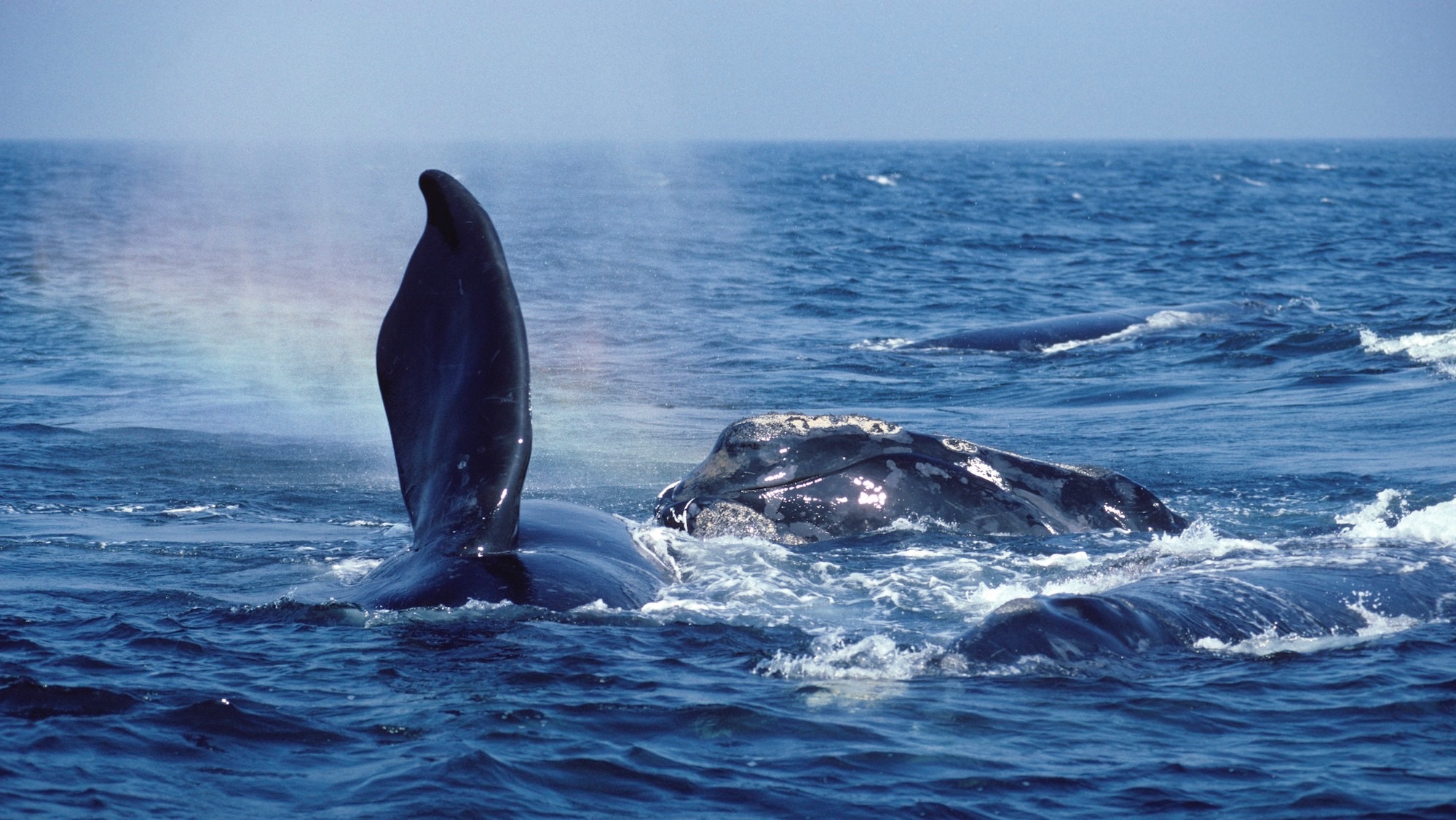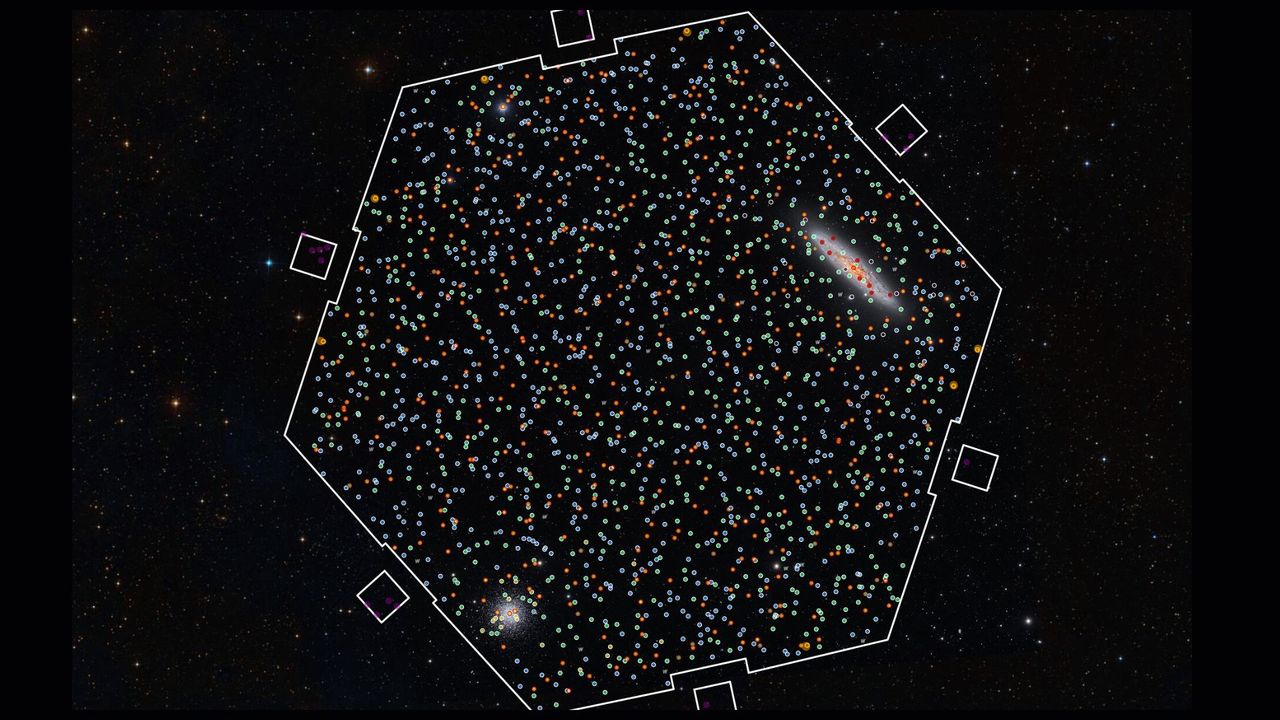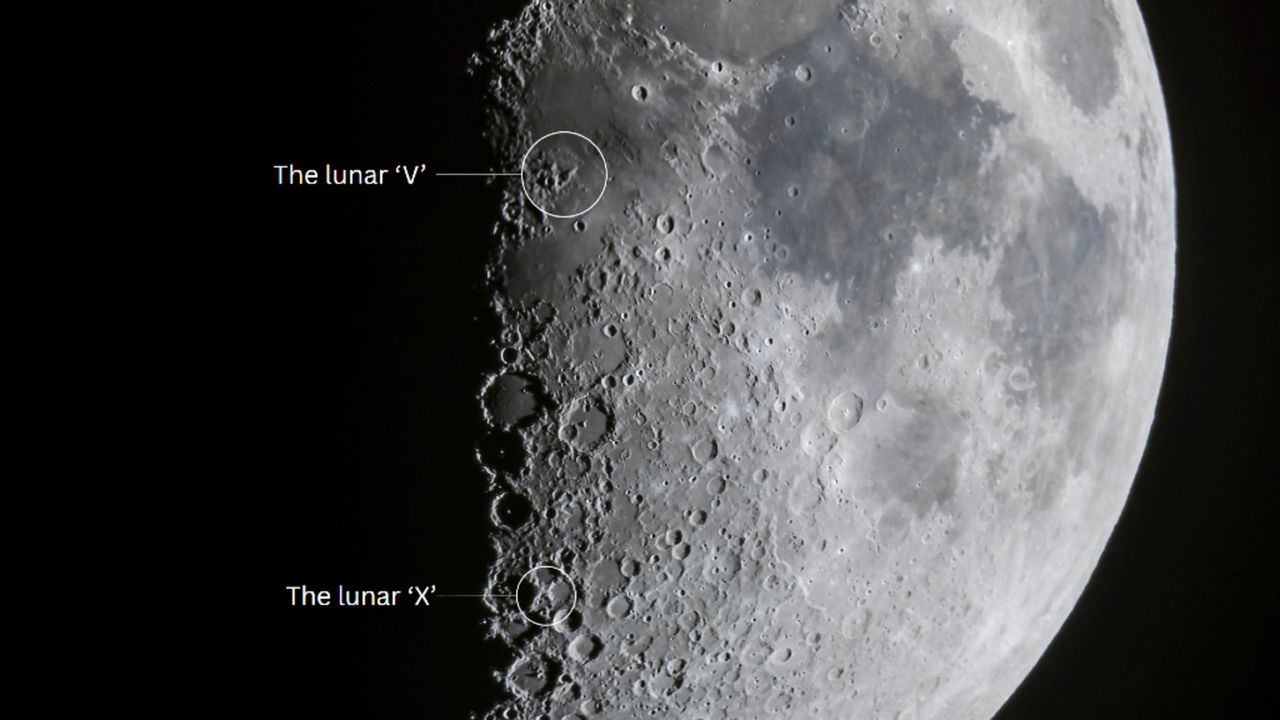Your eyes can only handle so much HDTV
NeutralScience

A recent article from Popular Science discusses the limitations of human vision when it comes to high-definition televisions. While many consumers believe that more pixels equate to a better viewing experience, the article explains that there is a threshold to how much detail our eyes can actually perceive. This matters because it challenges the common assumption that higher resolution always leads to improved quality, prompting consumers to think critically about their tech purchases.
— Curated by the World Pulse Now AI Editorial System












